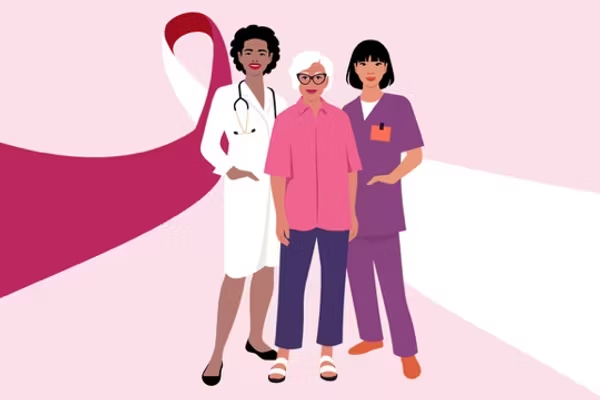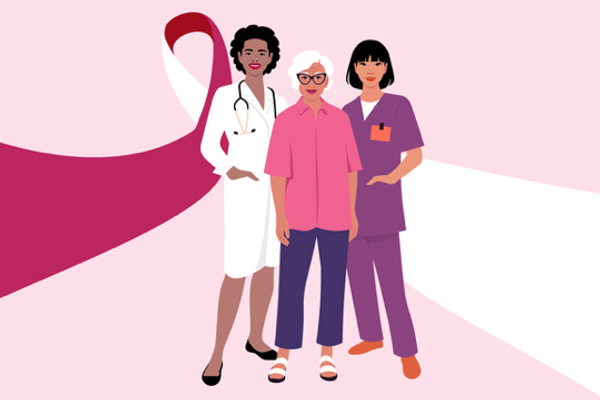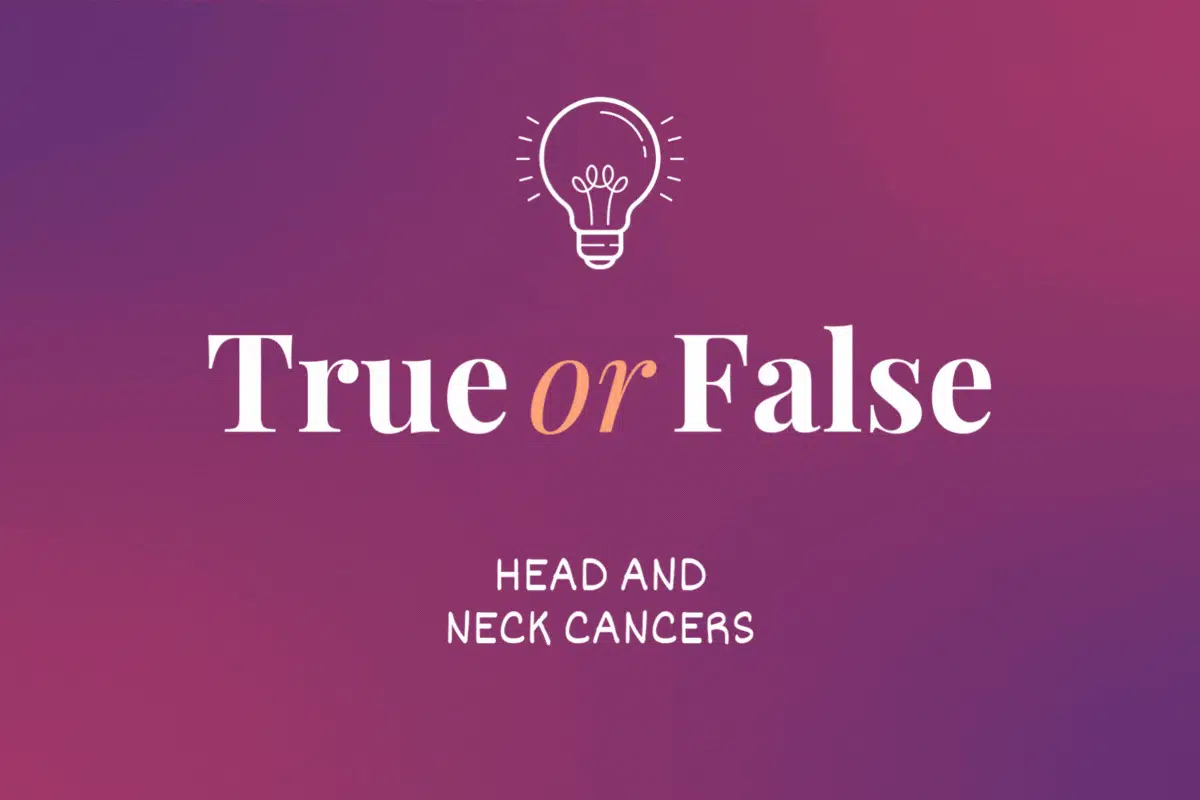What do head and neck cancers have in common? Like the name suggests, it’s where they occur that groups them together. And the symptoms vary depending on the location of the cancer.
“When doctors say ‘head and neck cancer,’ they’re usually talking about cancers that start in the mouth, throat, voice box, sinuses or salivary glands,” said Leila J. Mady, MD, a board-certified otolaryngologist (ENT) and head and neck surgeon at Johns Hopkins Medicine. “It doesn’t usually include brain, eye or thyroid cancer.”
Head and neck cancers account for nearly 4% of all cancer cases in the United States. Certain people are at increased risk, including those with a history of tobacco and alcohol use. And human papillomavirus (HPV), a sexually transmitted virus that nearly everyone has, can also cause head and neck cancers. Even if you’re not at high risk, there are some warning signs you should look out for.
We reached out to Mady to find out the most common symptoms of head and neck cancers and when to see a healthcare provider (HCP).
9 symptoms of head and neck cancer
1. Lump or bump on the neck
Suspicious lumps are exactly that — suspicious. If you notice anything out of the ordinary, such as swelling or an unusual lump along the neck, jaw or mouth, it’s time to get evaluated by an HCP.
2. Persistent sore throat
A sore throat is a good example of a head and neck cancer symptom that’s sometimes brushed off as an everyday issue. But sometimes it’s a sign of something more serious, particularly if your sore throat doesn’t go away or improve after two or three weeks.
3. Mouth sores, ulcers or patches
Dentists are sometimes the first stop on one’s journey to figuring out symptoms of oral cavity cancer. Mouth sores themselves may not be anything too worrisome, but there could be cause for concern if they’re not healing on their own. Watch out for mouth ulcers and red or white patches that won’t heal.
4. Difficulty speaking, swallowing or breathing
Head and neck cancers are also grouped together because the symptoms can affect speaking, swallowing or breathing. This can even cause you pain. You might also feel like you have something stuck in your throat.
5. Vocal changes or hoarseness
Similar to a sore throat, head and neck cancers can cause a hoarse voice. Any changes to your speech could be worth exploring further. This could indicate that head and neck cancer is impacting your ability to speak.
6. Unexplained pain in the head or neck
There are all sorts of explanations for pain in the head and neck — including the teeth, ears, chin and so on. When you’re experiencing pain in your face, head or neck — especially if it’s just on one side — that you can’t get to the bottom of, a more comprehensive exam may be necessary.
7. Unexplained bleeding from the nose or mouth
Head and neck cancers can affect the nose, so symptoms can include nosebleeds and a stuffy or blocked nose that won’t go away. Any unexplained bleeding — whether from the nose or mouth — could warrant medical attention. This applies to coughing up blood too.
8. Chronic sinus infections
Chronic sinus infections, or sinusitis, could point to nasopharyngeal cancer and nasal and paranasal sinus cancers. This is particularly concerning when sinus infections resist antibiotic treatment.
9. Frequent headaches
Another symptom that can be passed off as an everyday issue, headaches are alarming when they occur frequently. There are many possible causes of headaches, so it’s important to see a doctor to get to the root cause.
When to see an HCP for head and neck cancer symptoms
If you’re on the fence about scheduling an appointment with an HCP, Mady doesn’t recommend waiting too long. Early detection saves lives — survival rates are higher for earlier stages.
“If symptoms last for more than two or three weeks, it’s important to see a doctor,” Mady said. “Starting with a primary care doctor or dentist is a good first step, but an ENT specialist is the best next step if there’s concern.” In order to make a diagnosis, your doctor might perform an exam, order imaging or perform a biopsy.
Mady’s parting words: Do what you can to reduce your risk, but if you have concerning, lingering symptoms, act early. “Head and neck cancers are often very treatable when caught early,” she said.
This educational resource was created with support from Merck.
- Fast Facts: What You Need to Know About Head and Neck Cancer ›
- Understanding Head and Neck Cancer ›
- Tips for Head and Neck Cancer Caregivers ›
- Locations of Head and Neck Cancer ›
- Symptoms of Head and Neck Cancer ›







